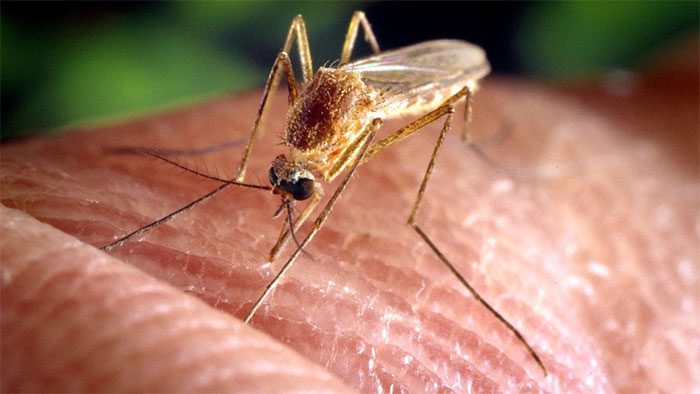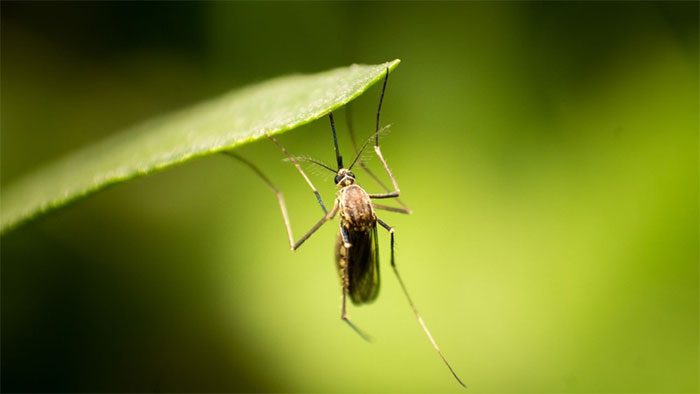A new study on the protein profiles of Culex mosquitoes suggests that humans can develop environmentally friendly methods to control mosquito populations.
According to statistics from the World Health Organization (WHO), mosquito-borne diseases account for more than 700,000 deaths annually. However, based on research from the University of California, Riverside (UCR), humans can also control mosquito reproduction by disabling their sperm, as reported by The Indian Express.

Altering the ratio of fertile to sterile male mosquitoes can effectively control mosquito populations. (Image: PLOS).
How to Disable Mosquito Sperm
Specifically, in the study published in the journal PLOS ONE, scientists detailed all the proteins found in the sperm of Culex mosquitoes, a species capable of transmitting dangerous diseases such as Japanese encephalitis.
This research indicates that the proteins responsible for activating male mosquito sperm can be disabled, preventing them from swimming to and fertilizing female mosquito eggs.
“During mating, the abdomens of the mosquitoes connect, and the male transfers sperm into the female’s reproductive tract. A specific protein secreted during ejaculation activates the ‘flagella‘ or tail of the sperm. This promotes sperm movement and is crucial for fertilization with the egg,” said cell biologist Cathy Thaler, the study’s author.
Professor Richard Cardullo, a co-author of the study, noted that sperm cannot penetrate the egg without these proteins, meaning they will not move and will eventually just degrade and dissolve.
However, studying mosquito sperm is not as straightforward as many might think. The research team, which included both graduate and undergraduate students, had to isolate 200 male mosquitoes from a larger population. They then extracted just enough sperm from the small reproductive tracts for mass spectrometry to detect and identify the proteins.

Culex mosquitoes are intermediaries in the transmission of Japanese encephalitis. (Image: Greater Shepparton).
Environmentally Friendly Prevention Methods
According to The Indian Express, researchers began extracting mosquito sperm instead of using insecticides because they wanted to find a safer, more environmentally friendly method of mosquito control.
Thaler stated that pesticides are very dangerous as they can indiscriminately kill both beneficial and harmful insects, as well as harm other animals and bacteria.
Moreover, extracting sperm for research also helps scientists create a method to control mosquito populations instead of completely exterminating them. Although humans may dislike mosquitoes when bitten, they play an important role in the ecosystem. For example, mosquitoes assist in the pollination of many plant species.
The Indian Express noted that this new technology could be used to alter the reproductive ratios of male mosquitoes in a specific population, thereby helping to control them without the need for total eradication.
Additionally, the research team hopes that the results obtained from Culex mosquitoes can be widely applied to other mosquito species. According to UCR, alongside climate change, mosquitoes are increasingly moving to newer areas—places that were previously too cold for them. This means that more people will face the threat of mosquito-borne diseases such as malaria.


















































